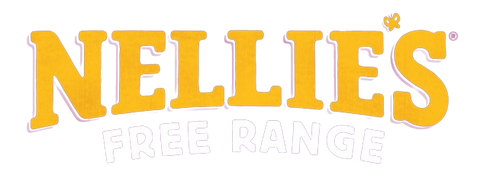
We want to preface the answer to this frequently asked question by noting that every individual's diet is a very personal decision for both health and philosophical reasons.
So while we can speak to the issues around this question, we cannot answer it definitively for any single person. What we can say is that many—probably most—vegetarians do include eggs in their diet.
What is vegetarianism?
There are a few different types:
-
Flexitarian or Semi-Vegetarian: These individuals choose to eat a mostly vegetarian diet, but with occasional meat consumption. There are no restrictions on egg consumption.
-
Pescatarian: These are people who avoid all animal meat except fish. Some pescatarians will eat eggs while others will not.
-
Lacto-Ovo Vegetarian: This is the most common form of vegetarianism, and avoids consumption of any animal flesh, but does allow consumption of dairy and eggs.
-
Vegan: Vegans avoid any animal derived products, including dairy and eggs.
To help explain why anyone who fits into these categories may or may not eat eggs, it's important to take a step back and explore some of the reasons why people choose a vegetarian diet in the first place. For each concern, there are reasons that many vegetarians will still find eggs an acceptable food:
Health
Many vegetarians believe that humans were evolved to eat a primarily plant-based diet, or at least believe that such a diet is generally healthier in terms of providing an abundance of nutrients and vitamins without a lot of empty calories.
Why eggs? They're one of the healthiest and nutrient dense foods found in nature. Just one egg is an excellent source of protein, which can otherwise be challenging to find in abundance on a vegetarian diet.
Animal Welfare
Some vegetarians feel that animals, and mammals in particular, should not be harvested as food because it is simply inhumane to do so.
Why eggs? When eggs are produced on Certified Humane free range farms like ours, a hen is not harmed by laying an egg. This is not the case with the more common factory farms however, where hens are still kept in tiny cages with no room to move or get outside. If animal welfare is important to you, avoid "cage-free" or conventional (ie: caged) eggs, and instead look for the Certified Humane seal. (To learn more about this third-party certification, visit our Certified Humane page)
Environment
Raising meat animals, and beef in particular, is a fairly significant contributor to climate change as it requires a substantial carbon footprint per calorie produced. As a result, some vegetarians choose not to consume meat – especially if it has been factory farmed.
Why eggs? Our free range farms are small and family-owned. Unlike factory farms, they're efficient when it comes to converting natural resources like water, feed grain and pasture into nutritious eggs, without a substantial amount of carbon impact to go along with it.
If you are a vegetarian and include eggs in your diet, please share the reasons why in the comments.









